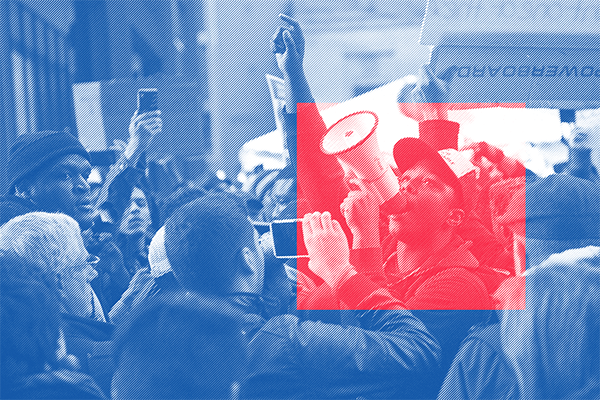The First Amendment to the U.S. Constitution protects “the freedom of speech” as well as “the right of the people peaceably to assemble.” That means you have a constitutional right to demonstrate. Police in D.C. generally understand that right. The great majority of demonstrations in D.C. are peaceful and most demonstrators do not encounter problems. Still, it pays to be prepared, especially if you plan to risk arrest. This guide can help.
Stay Informed
Sign up to be the first to hear about how to take action.
By completing this form, I agree to receive occasional emails per the terms of the ACLU’s privacy statement.
By completing this form, I agree to receive occasional emails per the terms of the ACLU’s privacy statement.


